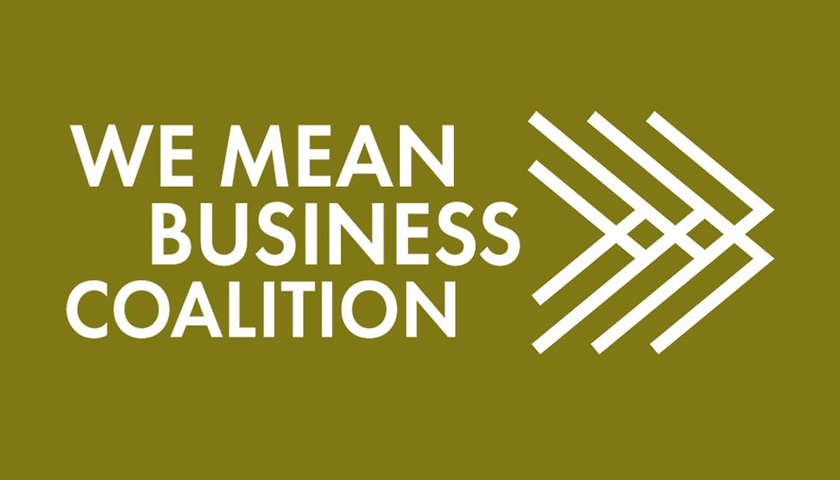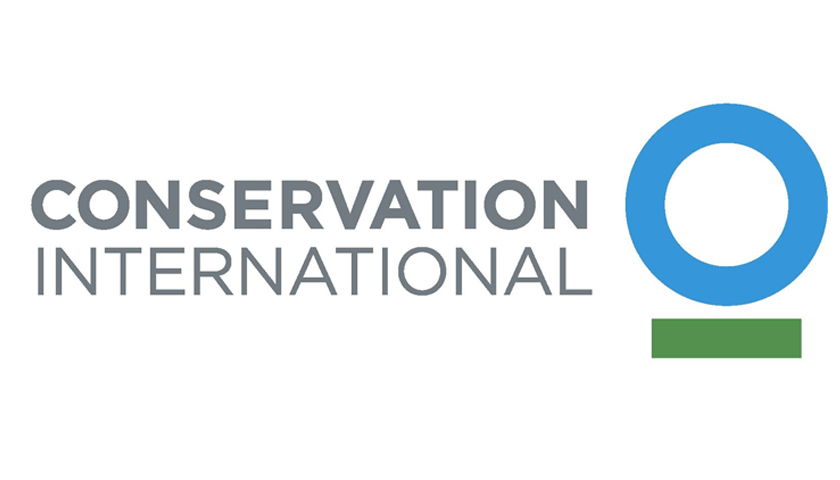Ahead of an important summit in Hiroshima, Japan, the We Mean Business Coalition has penned a letter to global leaders urging them to make significant climate commitments. The coalition highlights several issues such as the war in Ukraine, inflation, food and energy crises, extreme weather events, and biodiversity loss, which are causing suffering among Ukranians.
The group emphasizes that transitioning to clean energy and achieving net-zero emissions can not only improve citizen well-being but also boost the economy. The coalition urges the leaders to acknowledge the fact that fossil fuels are exacerbating the current crises and pose unmanageable risks.
The We Mean Business Coalition calls on the G7 to invest in clean energy solutions and repurpose the $1tn currently spent on fossil fuel subsidies. The group emphasizes that the climate crisis is expected to reduce global GDP by up to 14% or $23tn by 2050. The coalition, representing over 10,000 large and small companies, urges the G7 Summit to commit to a rapid and equitable energy transition away from fossil fuels, aligned with the 1.5C target of the Paris Agreement.
Dear G7 Ministers,
We are at a critical moment in history and reeling from ongoing crises: war in Ukraine, raising inflation, food and energy crises, extreme weather events and biodiversity loss. People are suffering. As you prepare to meet in Hiroshima, we urge you to face the undeniable reality: our continued global reliance on fossil fuels is greatly exacerbating these crises and exposing us to unmanageable levels of risk. This year’s G7 Summit is a unique opportunity to course-correct to a safer, healthier and more prosperous future.
The science is clear: 1.5°C is a limit, not a target. Staying within this limit is the only way to protect people, businesses and economies from the worst impacts of climate change, which will hit those who have least contributed to the crisis the hardest. To do so, we must accelerate the just transition to a more stable clean energy system, and away from fossil fuels.
Momentum is growing. Over 200 companies in our network urged governments at COP27 to uphold their commitment to limit global temperature rise to 1.5°C. More than 80 countries have joined India’s call for the phase-down of all fossil fuels. And we already have the solutions needed for the transition, as the Intergovernmental Panel on Climate Change’s (IPCC) 6th Synthesis Report shows. Many clean energy solutions are reaching tipping points of mass adoption and cost effectiveness. Business is ready to deploy them at scale but needs supportive policies, investments and clear timelines to do so at the pace required by science.
The We Mean Business Coalition works, with its network of partners, with over 10,000 large and small companies worldwide to accelerate climate action. For example, over 400 of the world’s largest companies have joined the RE100 initiative and committed to using 100% renewable electricity by an average target date of 2031.
G7 governments can help business go faster by facilitating investments in clean energy solutions and repurposing the $1 trillion spent on fossil fuel subsidies. It is essential risk management and sound economics. The impacts of climate change already cost billions today and are expected to reduce global GDP by as much as 14%, or $23 trillion, by 2050. Clean energy investments could boost global GDP by 4% by 2030 and improve energy security, industrial competitiveness, resilience and public health.
We ask that you commit at the G7 Summit to a rapid and just energy transition away from fossil fuels, in line with a 1.5°C pathway, and toward a clean energy system led by energy efficiency, electrification and the deployment of renewable energy. The We Mean Business Coalition recommends the following policy priorities to support the delivery of this commitment in all G7 economies:
- Commit to achieving fully decarbonized power systems by 2035.
- Phase out domestic coal-fired power generation by 2030 at the latest, along with supporting phase out in other OECD and non-OECD economies by 2030 and 2040, respectively.
- Rapidly scale up renewable energy power generation, access and infrastructure. This should include streamlining permitting processes to facilitate the roll-out of new renewable energy projects and improving grid and charging infrastructure.
- Commit to 100% sales of zero emissions vehicles (ZEVs) by 2035 for new light-duty vehicles.
- Communicate this year the national action plans that demonstrate delivery of the 2016 G7 commitment to eliminate fossil fuel subsidies by 2025. This should include plans to repurpose spending toward energy efficiency, renewable energy and other measures to support a people-centered and equitable clean energy transition.
These policy measures would send clear signals to business on the speed and direction of travel, remove barriers and ensure the most effective and efficient private sector investment and transition pathways. Find the full set of global policy asks that businesses are calling for across all systems of the economy here.
We and the businesses we work with stand ready to support you to set a course for a just energy transition toward a more prosperous, resilient, clean energy future. We thank you for your courage and leadership, and we look forward to collaborating with you.
Sincerely,
María Mendiluce, CEO, We Mean Business Coalition
Aron Cramer, President & CEO, BSR
Nicolette Bartlett, Chief Impact Officer, CDP
Mindy Lubber, CEO & President, Ceres
Eliot Whittington, Chief Systems Change Officer, CLG Europe & CLG UK
Helen Clarkson, CEO, Climate Group
Halla Tómasdóttir, CEO & Chief Change Catalyst, The B Team
Peter Bakker, President & CEO, World Business Council for Sustainable Development

